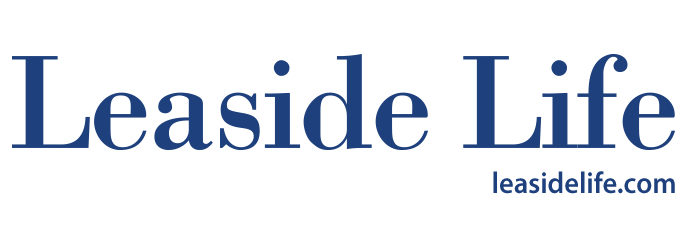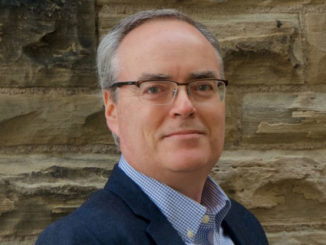Well, it’s election time. You can tell by how many times your phone or doorbell rings just as you sit down to dinner. Yes, I know, on a Friday evening, you may not want to answer the door to speak to yet another earnest candidate vying for your vote, but we really should welcome it. This is what democracy is all about.
I’ve been interested in politics a long time. Back in 1977, as a senior at Leaside High School, my twin brother Tim and I ran for school president and vice president. To this day I’m not sure why Tim was the presidential candidate, and I was the lowly VP sidekick. It may explain why we lost the election. It wasn’t exactly an episode of West Wing, but it did trigger an interest in politics that remains to this day. In fact, early in my career, I worked on Parliament Hill and at Queen’s Park in those smoke-filled backrooms as a political staffer. Those were heady days and my experiences gave me fodder for my first two novels. Satirical yes, but earnestly written to perhaps illuminate a different path we might take in how we practise politics in this country. I consider them to be my love letters to democracy with a few laughs along the way.
I sometimes fear we’ve fallen into what I’ve come to call the “apathy of affluence,” an affliction perhaps more common in leafy communities like our beloved Leaside. We get up in the morning and hot water comes out of the tap. We put our garbage and recycling out at the street and it magically disappears by the time we come home. We flip the switch in our kitchen and miraculously the lights turn on – unless you have those expensive pot lights that flash and die after only weeks of use. I call them “pop lights.” But in general, in most parts of Canada and certainly in Leaside, things seem to work reasonably well most of the time. We begin to take our happy lives for granted. Paradoxically, we don’t always see the incentive to get engaged in the election, because, well, we’re in a good place. And therein lies the rub.
So we fall into this stupor around election time and lament the demands on our time and attention span as the quadrennial bid for our vote ramps up. You can see this trend in the declining voter turnout over the last 50 years or so. Back in the early 1960s, nearly 80 per cent of eligible voters cast ballots. In 2008, voter turnout dipped to an historic low of under 59 per cent. This means that majority governments are actually being elected by a minority of eligible voters. While modest gains have been made since, we’re still a far cry from the levels seen when Lester Pearson and John Diefenbaker ruled our politics.
I’m not suggesting every citizen should take three weeks off to school themselves on the burning issues of this upcoming Ontario election (though who am I to discourage that?). But I do think we all need to take a little bit of time to examine what this election is all about, how we feel about the key issues, and then draw at least relatively well-informed conclusions about who and what we’ll support. That’s a very modest price to pay for living in one of the most advanced democracies in the world. It’s also part of modeling good civic citizenship for the generation that will inherit the country and its governance in the decades to come.
Voter turnout for young people is much lower than the national average. The fact of the matter is, if our voting youth organized, really engaged in this election, and voted en masse, they could probably determine the outcome.
All of this to say that we really do have an obligation at least to vote in this Ontario election, and ideally, to take some time to learn enough about the challenges confronting the province to hold our candidates and parliamentarians to account. By not voting and not informing ourselves, we are giving our politicians a free ride. And that usually yields governments that are less engaged, less accountable, and less effective. Oh yes, and be patient and polite to the candidates coming to your door. Contrary to popular belief, most are stepping up for the right reasons to take on a very difficult, often thankless job. Here endeth the sermon.




